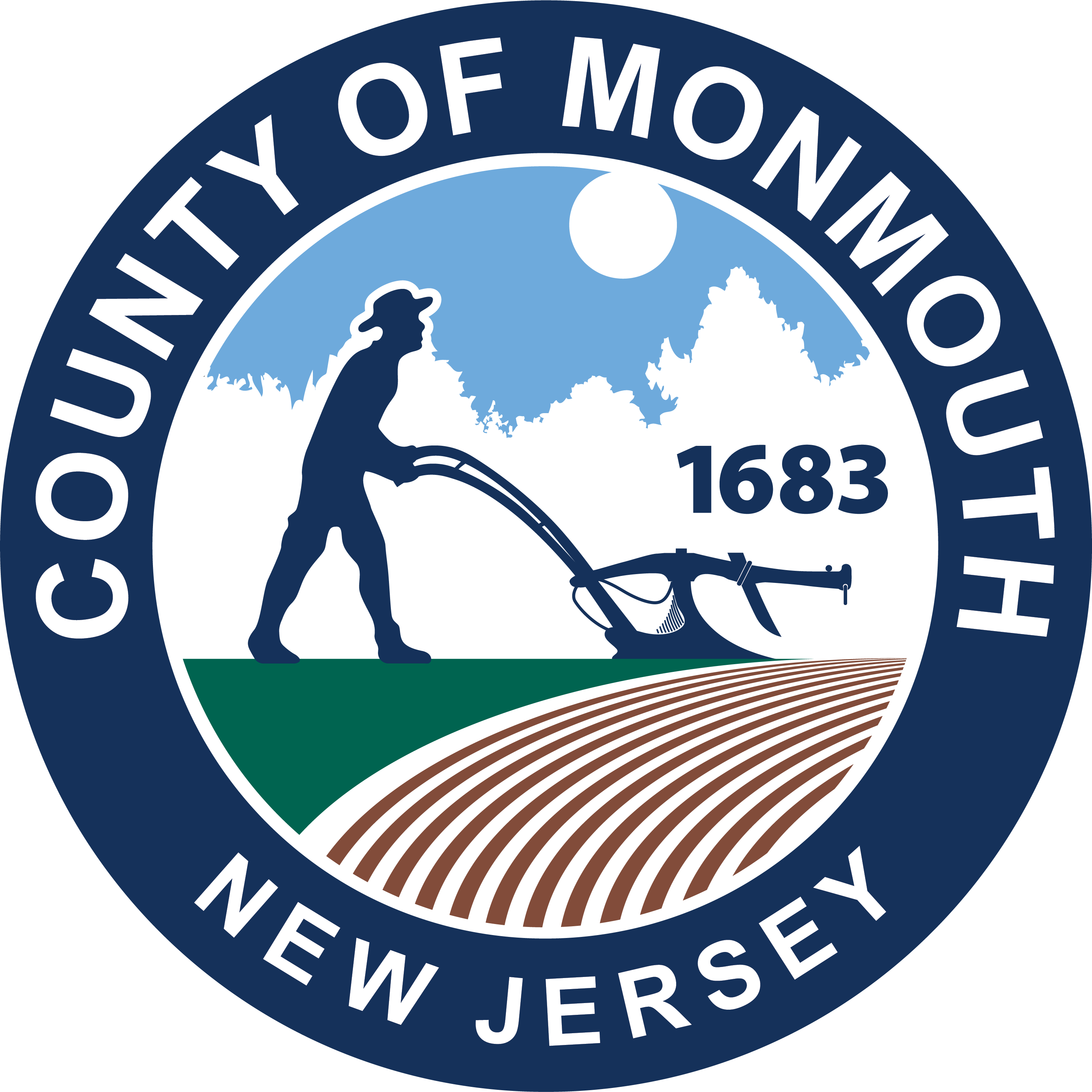Monmouth County Prosecutor Christopher J. Gramiccioni has announced a program to equip every high school in the county with the life-saving antidote naloxone (Narcan).
In a press release, Gramiccioni stressed the importance of the county’s schools being prepared in the event of an overdose emergency.
“We have not had a drug overdose death at any school in Monmouth County, but with that said, one never knows whether an overdose could occur at or near a school. Having additional trained staff to administer naloxone, if necessary, can save a life,” Gramiccioni said.
“This training is precautionary, but a necessary safeguard in light of the scope of this epidemic. I hope schools never have to use these kits, but we want them to be prepared,” he said.
Every public, private and parochial high school in Monmouth County is now equipped with the same life-saving antidote that law enforcement officers, emergency medical technicians and firefighters have been carrying since 2014, according to the press release.
Naloxone is responsible for saving nearly 1,000 lives in Monmouth County since its deployment. Statewide, naloxone has been deployed nearly 10,000 times over the past three years, according to the press release.
On June 12, Dr. Victor Almeida, director of the Emergency Department at Monmouth Medical Center, Long Branch, instructed school officials on the depth of the epidemic and provided training for the use of naloxone in the event an overdose were to take place at school.
“The latest reports from drug abuse experts indicate our young people are at the greatest risk for drug addiction. We can’t ignore the fact that kids are using and abusing drugs and dying at alarming rates. We must battle this deadly addiction and these naloxone kits will help fight the fight,” Monmouth County Chief of Detectives Michael Pasterchick said.
Earlier this year, an 11-year-old Cape May County boy was saved by naloxone after he overdosed using an opioid. In Monmouth County, overdoses have been seen in people as young as 15 years old, according to the press release.
The naloxone kits were distributed to all the schools and provided free of charge by Adapt Pharma, Radnor, Pa.
In a related matter, legislation to ensure that opioid antidotes are available to help prevent overdoses was signed into law by Gov. Chris Christie on June 9.
The new law (S-295/A-2334) will expand public access to opioid antidotes, such as naloxone, in order to allow pharmacists to dispense naloxone to any person, without a prescription, pursuant to a standing order issued by a prescriber or, upon request by the pharmacist, pursuant to a standing order issued by the Commissioner of Health or the Deputy Commissioner for Public Health Services, according to a press release from state Assemblywoman Joann Downey (D-Monmouth).
“Given the fact that some pharmacies are already able to obtain a standing order to dispense naloxone to great effect, it makes sense to enable all pharmacies to do the same,” Downey said. “Accessibility and timeliness can make all the difference when it comes to these types of life-threatening scenarios.”
A number of large chain pharmacies, including Walgreens and CVS, recently announced they are making naloxone available to anyone without a prescription through what appears to be a standing order issued by a doctor, which is currently authorized under the Overdose Prevention Act (OPA), according to the press release.
The new law, which amends the OPA, stipulates, in particular, that a licensed pharmacist may dispense an opioid antidote to any patient who is deemed to be capable of administering the drug, regardless of whether that patient presents an individual prescription for the antidote, according to the press release.
Protocols would have to be consistent with the provisions of the OPA and must require a pharmacist to determine that the patient seeking the antidote is capable of administering the same to an overdose victim in an emergency.
Any pharmacist who acts in good faith, and in accordance with the law’s requirements, in supplying an opioid antidote to a patient without a prescription, will be immune under the OPA from any civil or criminal liability or any professional disciplinary action stemming from such act, according to the press release.

